As we all have become increasingly aware of the consequences of our unsustainable lifestyle, the time is now riper than ever for new regenerative business ecosystems. Besides, we believe in using business for the betterment of people as well as the environment. Not the other way around.
Today, only roughly 10% of phones are recycled. One reason being that we often tend to buy a new phone before the old one becomes obsolete. The phones end up gathering dust in our drawers as waste. Meanwhile, less than a half of people in Africa own a smartphone. This is, of course, a rough average of the rate which varies across the 54 beautiful countries.
It is this imbalance that we want to address. And the challenge we have chosen to take on.
Our innovation is to reuse existing raw materials in the form of out-of-use smartphones in the EU, and morph this hibernating resource into finance and empowerment in Africa. Our partnering countries include Cameroon, Nigeria, Rwanda, Zambia, and we are soon to start collaborations in Zimbabwe.
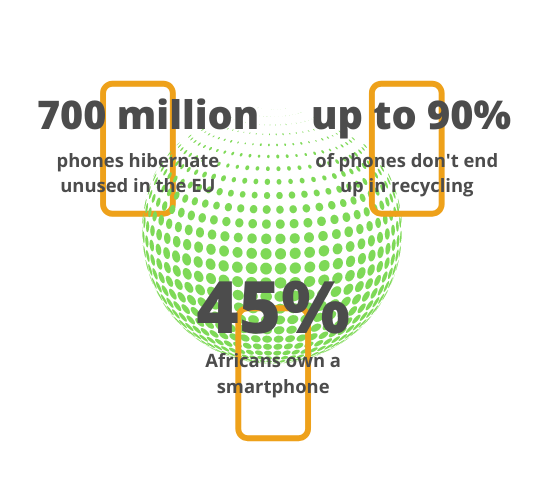

A smartphone is often the primary means to access internet, and to become digitally included in Africa. Through us, female entrepreneurs in our partnering countries get a chance to lease a refurbished smartphone at an affordable price. They will have access to internet, which is important to their businesses, families, and communities regarding education, health, and nutrition.
Our service is based on monthly instalments, albeit with a flexible approach and understanding that sometimes life happens. Support is provided also in technical form. To prevent potential misuse of our service, the phones will be equipped with a special software.
As we want to have a concrete impact on the lives of the community members, while making sure we remain efficient and culturally sensitive, we have partnered with local lending circles. We send the donated phones to the leaders of the lending circles, who in turn take care of the leasing process. The customers are carefully selected, and go through a rigorous screening process. In order to lease a Smartphone4Good, the women will provide a concrete plan about how she will use it in her business.
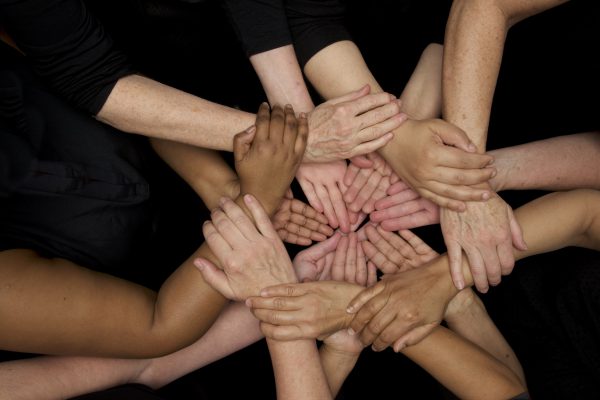
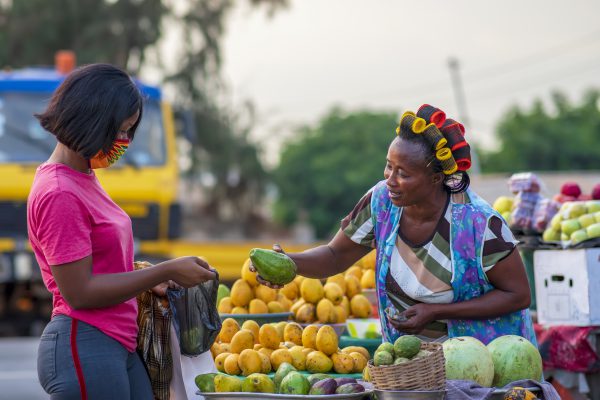
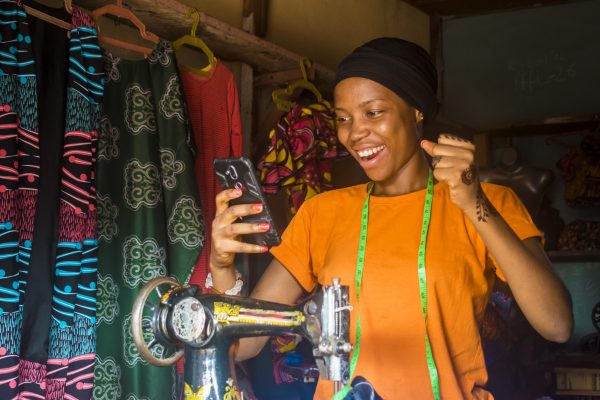
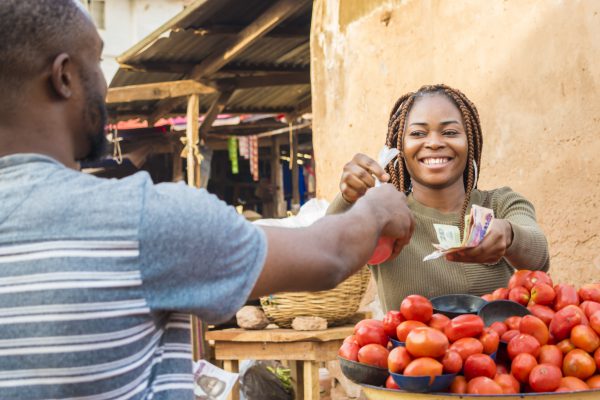
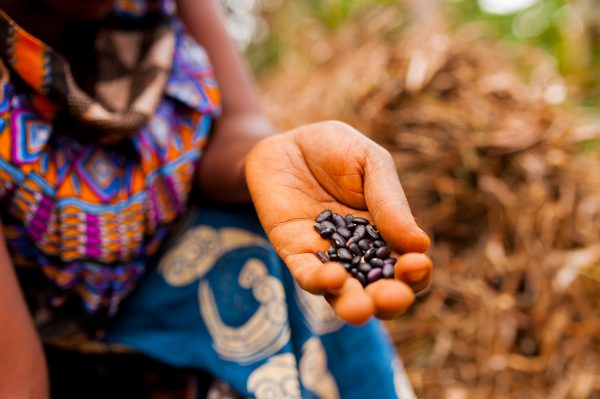
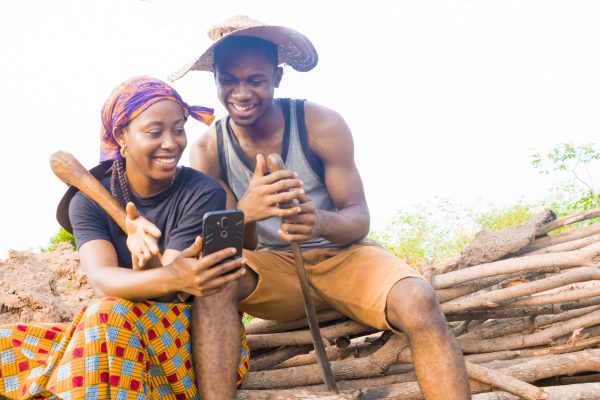
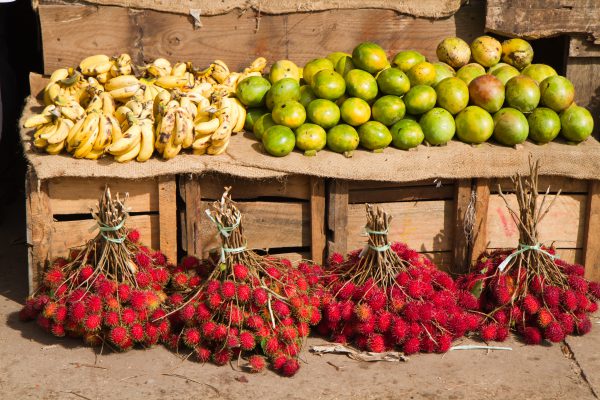
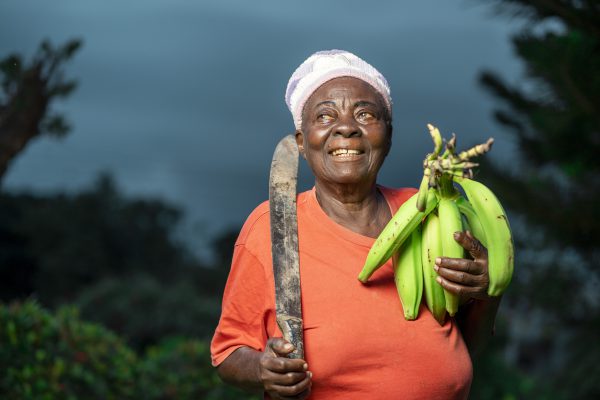
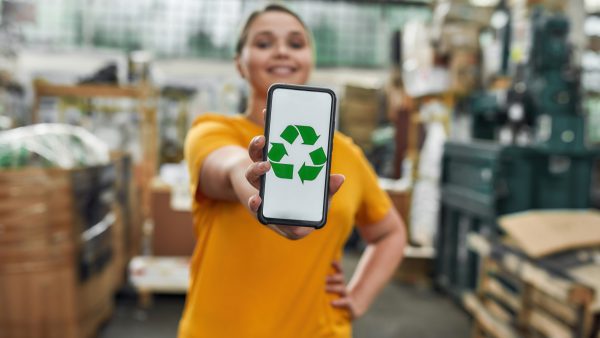
In the rural areas people work mostly in the informal sector, where social security in the Western sense is non-existent. Security is provided by local communities of practice, where each member contributes a small amount of money on a weekly or monthly basis in favor of the well-being of the community. The system is built on trust and a sense of collective, communal values inherent in many African cultures. In difficult times, these communities of practice help their members financially as well as by offering emotional support. They also provide small loans, without huge interests often linked to international micro loan providers.